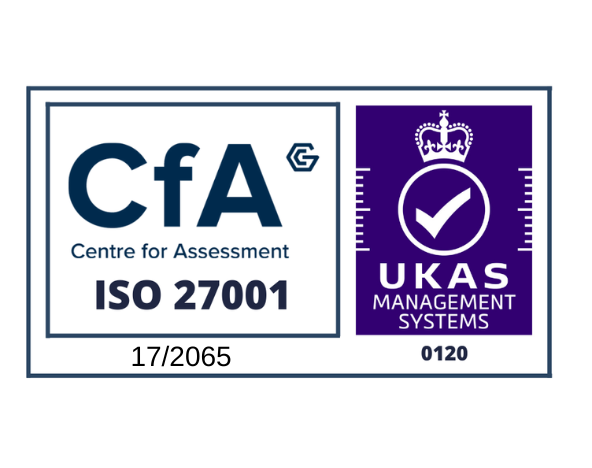Regulatory compliance in renewable energy projects is crucial for ensuring adherence to laws and regulations that govern the development, construction, and operation of such projects.
Understanding Regulatory Compliance in Renewable Energy Projects for the EU & UK:
- Importance of Permits: In the EU & UK, obtaining permits is critical to demonstrate compliance with environmental regulations, planning laws, and energy sector aims. These permits ensure that renewable energy projects meet the required standards for environmental protection and sustainable development.
- Regulatory Bodies: Regulatory oversight in the EU & UK involves agencies such as the European Environment Agency (EEA), the UK Environment Agency, and the Office for Environmental Protection (OEP). These bodies enforce regulations related to emissions, land use, and wildlife protection, among others, impacting renewable energy project development.
- Compliance Management Software: Compliance management solutions tailored for the EU & UK markets should address specific regulatory requirements and reporting standards set forth by bodies like the European Commission and the UK Department for Business, Energy & Industrial Strategy (BEIS). Customised tools can streamline compliance efforts and ensure alignment with regional laws. Projectfusion can help you meet your compliance goals, thanks to our ISO27001 & CyberEssentials certified platform that makes collaboration easy, and keeps your confidential documents secure.
- Best Practices: Effective practices for navigating regulatory hurdles in the EU & UK include early engagement with local communities and stakeholders, conducting thorough environmental impact assessments, and adhering to standards outlined in directives such as the EU Renewable Energy Directive and the UK’s Energy Act. Flexibility and adaptability are crucial for addressing evolving regulatory landscapes, both now and in the future
- Planning Permission: Solar farms in the UK typically require planning permission, with larger projects above 50 MW needing development consent from the Secretary of State for Energy Security and Net Zero.

Role of Energy Regulators in the EU & UK:
- Functions of Energy Regulators: Within the EU, energy regulation is overseen by bodies such as the Agency for the Cooperation of Energy Regulators (ACER) and national regulatory authorities (NRAs) in each member state. In the UK, the Office of Gas and Electricity Markets (Ofgem) regulates the energy market, overseeing licensing, tariff setting, and consumer protection.
- Renewable Energy Objectives: Energy regulators in the EU & UK work to implement ambitious renewable energy targets set by the European Union and the UK government, promoting investment in clean energy infrastructure and ensuring fair competition in the market.
- Energy Efficiency (EE): Regulators play a key role in promoting energy efficiency initiatives through policies like the EU Energy Efficiency Directive and UK Energy Efficiency Regulations. They monitor utilities’ compliance with efficiency standards and encourage innovation in energy-saving technologies.
- Divergence from EU Law (UK Specific): The UK has been developing its regulatory position diverging from EU law in several fields, indicating a shift towards establishing its regulatory frameworks independent of EU regulation.
In summary, regulatory compliance in renewable energy projects within the EU & UK entails navigating a complex web of permits, engaging with diverse regulatory bodies, leveraging specialised compliance tools, and adhering to regional best practices and directives. Energy regulators play a pivotal role in driving the transition to renewable energy, ensuring adherence to regulations, and fostering energy efficiency initiatives in pursuit of sustainable development goals. The US (as well as other regions) faces it’s own policy & compliance requirements, so be aware of those if you are in that jurisdiction.






